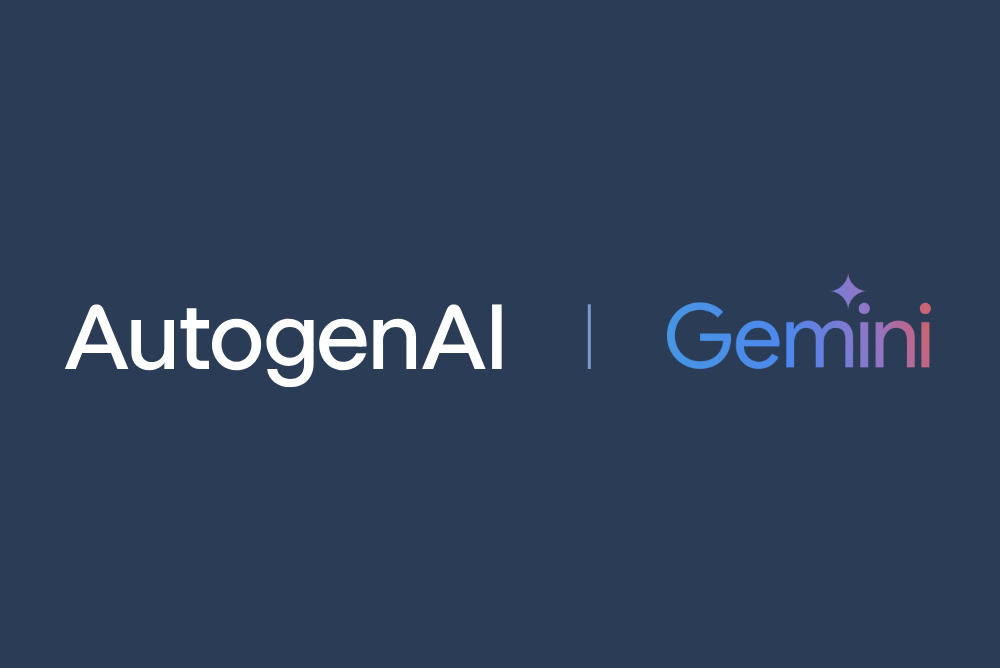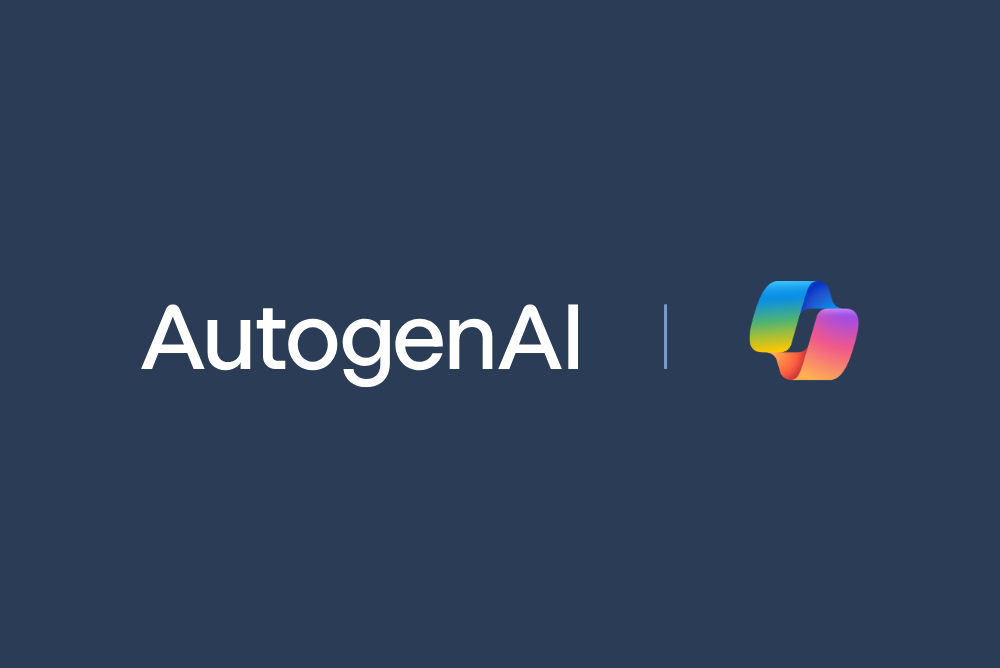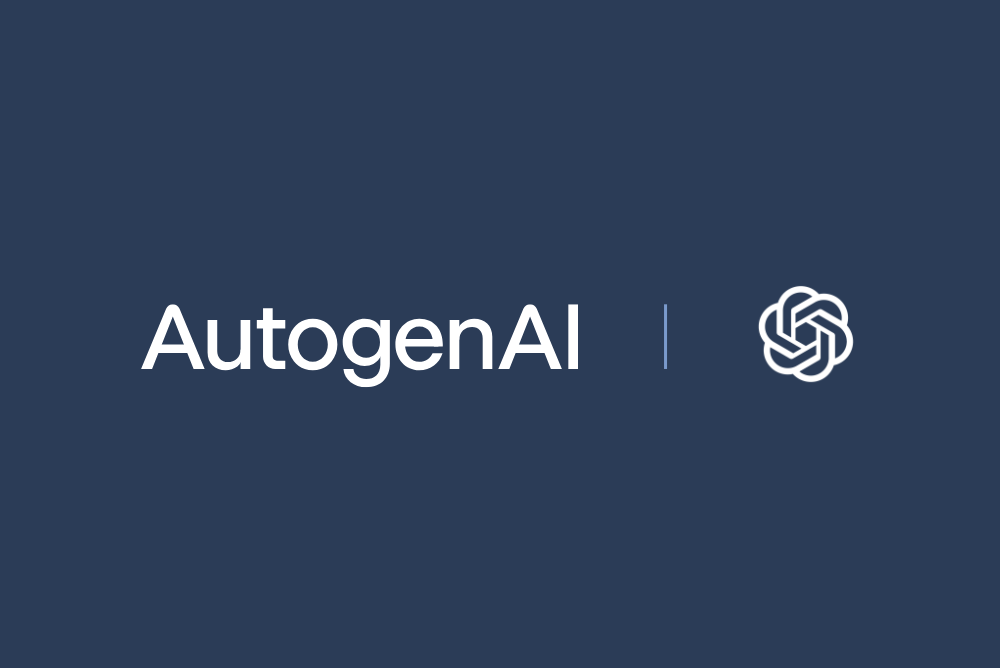From Chaos to Clarity: How AutogenAI’s Research Assistant Transforms Bid Writing

Successful bid writing demands precision, strategy, and strong evidence. But manual research can slow teams down—causing frustration and mounting pressure.
That’s where AutogenAI’s Research Assistant comes in. It streamlines the research process, helping bid writers find intelligent, targeted information with impressive speed. From accurate, source-linked answers to seamless integration with AutogenAI’s content generation tools, it supports every step of the journey.
In this article, we explore how the Research Assistant boosts speed, accuracy, and focus—so your team can craft sharper, evidence-backed bids that win.
Why Research Matters in Tender and Bid Writing
In bid writing, research isn’t just a step in the process — it’s critical to success. Winning bids hinge on a deep understanding of the client’s needs, industry trends, competitor positioning, and the broader context in which the bid will be evaluated. And all of the claims you make about the brilliance of your product and service and why your unique approach is the best one, need backing up with deep and credible evidence. Without robust research, bids lack the credibility, specificity, and strategic insight needed to stand out.
Consider the stakes: government contracts worth millions, corporate partnerships that could define a business’s future, or projects that demand flawless execution. Research in this context must do more than just “check a box” — it needs to:
- Provide evidence-backed solutions: Clients need to see data, case studies, and benchmarks that prove your claims.
- Demonstrate understanding: Tailoring your response to the client’s pain points and strategic goals requires detailed knowledge of their world.
- Anticipate objections: The right research helps you address potential concerns before they emerge.
- Show differentiation: Competitors may offer similar solutions; evidence-based insights allow you to position your offering as uniquely valuable.
But historically the research process is notoriously time-consuming and prone to inefficiency. Before tools like AutogenAI’s Research Assistant, it often felt like trying to find a needle in a haystack — except the haystack was the entire internet, and the clock was always ticking.
The Frustrations of Manual Research
If you’ve ever done manual research for a bid this will sound familiar: dozens of browser tabs open, each leading to scattered pieces of information. You’re pulling data from Google searches, government databases, industry reports, and internal documents. And once you’ve found something useful, the next challenge is verifying its accuracy, connecting it to other findings, and formatting it into a coherent narrative.
The process is slow, fragmented, and often frustrating:
- Information overload: Wading through irrelevant or outdated sources takes precious time.
- Missed connections: Valuable insights are buried across multiple sources, making it hard to piece together a full picture.
- Verification struggles: Ensuring accuracy and credibility requires a second layer of effort, slowing progress even further.
As deadlines loom, it’s easy to feel like you’re drowning in data without ever reaching actionable insights. This inefficiency doesn’t just waste time — it drains energy and focus from the parts of the writing process that truly matter, like strategy and storytelling.
How AutogenAI’s Research Assistant Transforms Your Workflow
Enter AutogenAI’s Research Assistant. From the moment you start using it, the difference is obvious. This isn’t a search tool; it’s a research partner designed to help you cut through the noise, uncover actionable insights, and integrate them seamlessly into your bids. Here’s how it works:
1. Intelligent, Targeted Searches
The Research Assistant allows you to ask structured, precise questions and target specific sources for answers. Need to focus on official government reports? No problem. Want to dive into your internal content library for relevant case studies? Done. Prefer insights from a particular think tank or research institute? Easy.
This targeted approach eliminates the scattergun frustration of generic searches and ensures that every result is relevant, credible, and actionable. Additionally, the tool allows URL-specific constraints, such as limiting searches to site: AusTender or custom libraries, to increase precision.
2. Source-Linked Responses
A major concern with AI tools is the risk of inaccuracies or hallucinations—when the system fabricates information. AutogenAI’s proprietary technology mitigates this, giving you confidence in its output.
Every answer generated by the Research Assistant is linked back to its original source. This feature isn’t just about transparency, it builds trust. You can verify facts quickly, cite sources confidently, and make sure that your bid is built on rock-solid evidence.
For example, if you’re bidding for a government infrastructure project, you might need statistics on urban mobility trends. The Research Assistant can pull these directly from government transport studies, linking you to the exact page of the report where the data appears. This clarity transforms how you approach research, allowing you to focus on strategy instead of fact-checking.
3. Seamless Integration with Summarisation and Content Generation
Here’s where the real magic happens. Once the Research Assistant delivers your insights, you can use AutogenAI’s tools to quickly integrate relevant data and craft compelling, tailored responses. The platform helps you to do things like:
- Identify and integrate regional or local data to highlight specific needs in a particular geography, evidencing your tailored solution.
- Provide precise evidence for individual elements of your solution or delivery approach, backed by reliable data.
- Summarise a 100-page report into a two-paragraph executive summary that directly addresses your client’s priorities.
- Combine multiple sources into a single, cohesive argument aligned with the bid’s evaluation criteria.
- Generate draft responses to specific questions, seamlessly incorporating relevant insights and evidence.
The result? A workflow that enables you to move from raw research to actionable, persuasive content with unmatched efficiency, giving you a competitive edge in addressing client needs.
The Experiential Difference: From Frustration to Flow
Here’s what it feels like to use AutogenAI’s Research Assistant:
- Speed: What used to take hours, days or even weeks, now takes minutes. Instead of manually sifting through irrelevant search results, you get precise, actionable insights quickly.
- Confidence: Knowing that every answer is backed by a credible source eliminates second-guessing. You can focus on refining your message, not questioning your data.
- Focus: With the repetitive, time-consuming parts of research handled, your mental energy is freed up for high-value tasks like strategic thinking and storytelling.
One user described it as “like having a research assistant who’s read everything and can instantly tell you what’s relevant.”
Why Trust is the Key to Success
It’s natural to approach a new AI tool with caution—and you should. But as you start using the Research Assistant and see its accuracy in action, trust builds quickly. One key reason? It avoids hallucinations, a common issue in generative AI, by linking every output to a verified source. That means you’re never relying on unsupported claims.
Once you trust the system, the possibilities expand. You can:
- Dive deeper into complex topics, knowing the tool will guide you effectively.
- Rely on the AI to handle initial drafts, freeing you to focus on refinement.
- Scale your research efforts without scaling your time commitment.
Real-World Impact: How It Helps You Win
Let’s bring this to life with an example. Imagine you’re working on a bid for an NHS contract to improve patient outcomes through digital solutions. Here’s how the Research Assistant might transform your approach:
- Research Phase: You ask the Research Assistant to gather insights on the effectiveness of digital health platforms in reducing patient wait times. The tool pulls data from peer-reviewed studies, government healthcare reports, and industry benchmarks, all linked to their sources.
- Synthesis Phase: Using summarisation tools, you distill the findings into a concise overview, highlighting key statistics and trends.
- Drafting Phase: You generate a draft response to the bid question, weaving in the data and aligning it with the client’s strategic goals. The result is a narrative that’s both evidence-driven and client-focused.
The outcome? A bid that’s not just compliant but compelling—one that demonstrates your expertise, builds trust, and shows the client exactly why you’re the best partner for the job.
The Takeaway: A New Era of Research and Writing
AutogenAI’s Research Assistant combines intelligent search, source-linked accuracy, and seamless content integration. No more scattered tabs. No more endless hours. Just fast, focused, and impactful work that helps you win.
In the world of bids, where every second counts and every word matters, the Research Assistant is more than a convenience — it’s a competitive superpower.
Turn research into results. Book a demo.


